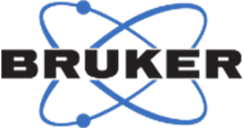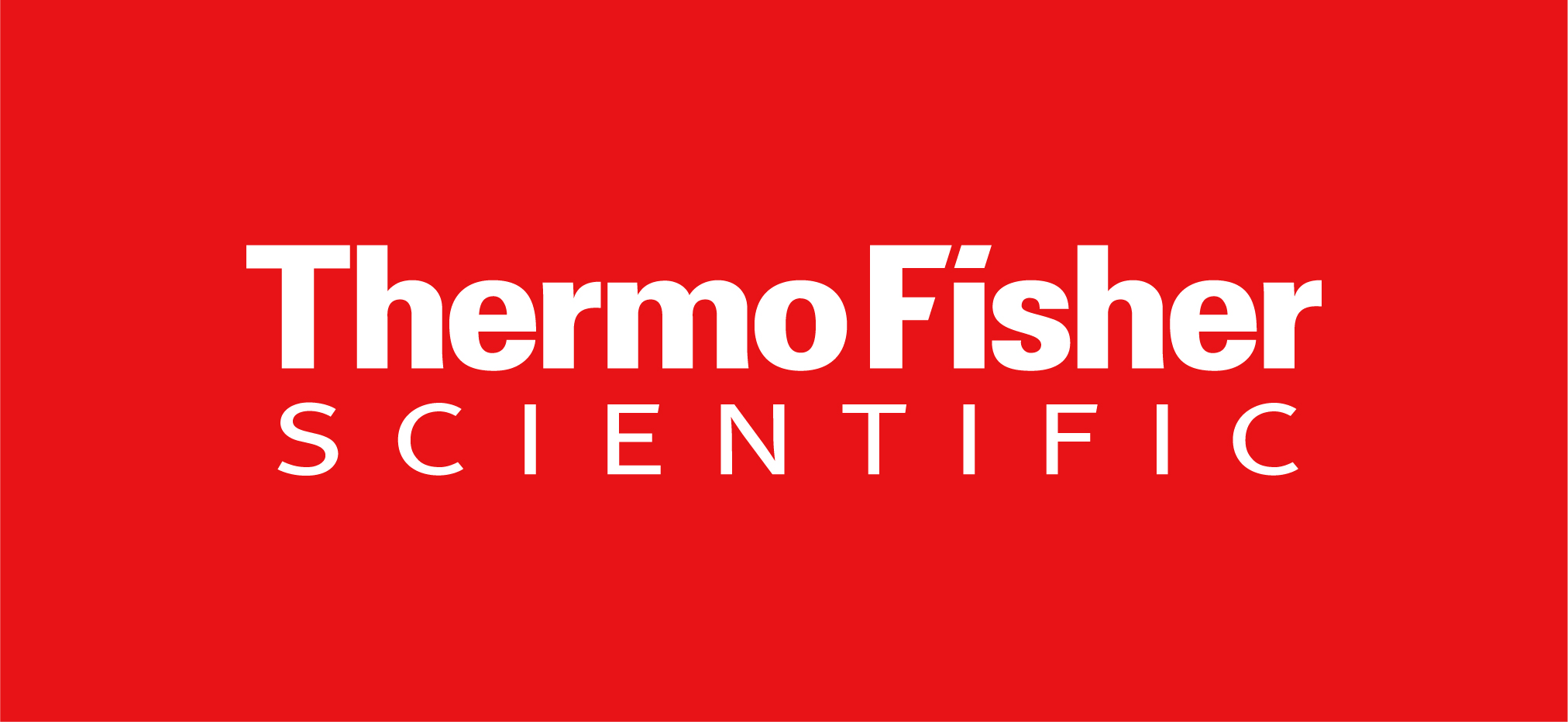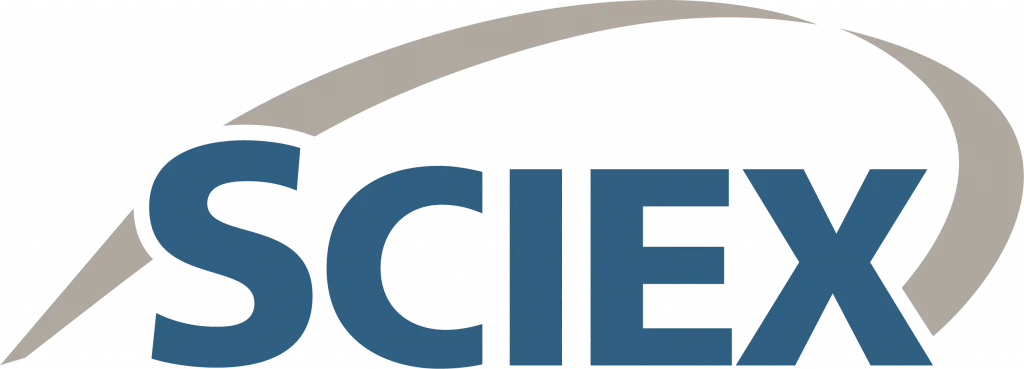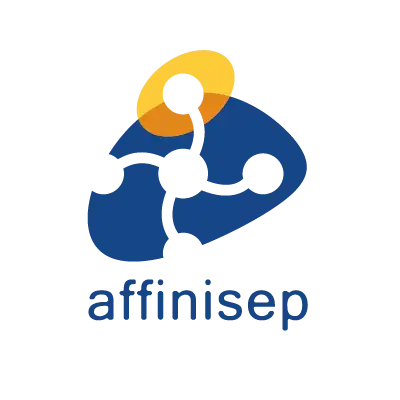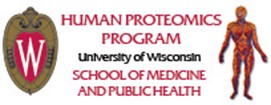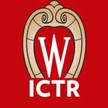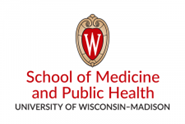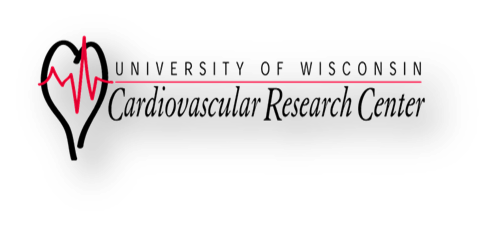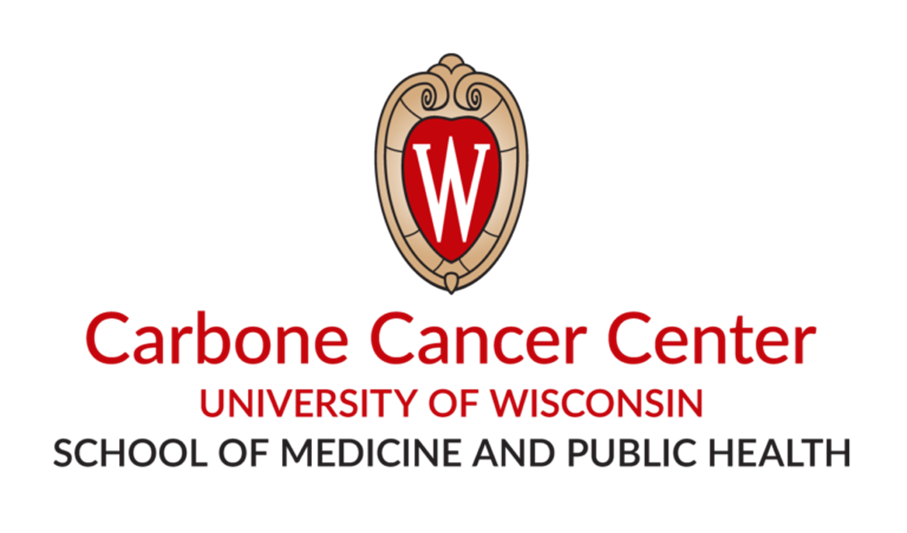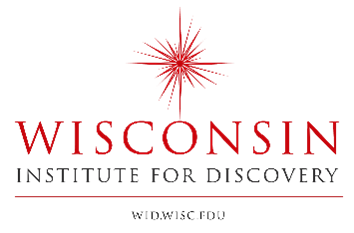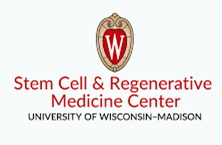School of Medicine and Public Health
Human Proteomics Program
2024 Wisconsin Human Proteomics Symposium
"New Frontiers in Clinical Proteomics "
Event Date: July 31 -- August 1, 2024
Location: UW-Madison Health Science Learning Center
750 Highland Ave., Madison, WI 53705
Parking: Visitor Parking - Transportation Services - UW-Madison (wisc.edu), please purchase visiting parking in advance
[ Parking/HSLC Map ]
The symposium will be offered in hybrid mode (in person and Zoom).
We have reached the maximum capacity for in-person registration. However, you can still register for virtual attendance via Zoom
Registration is free but required. Many thanks to our sponsors for their generous sponsorship!
The abstract submission is now closed.
PROGRAM
[ View Schedule ]
[ View Program Book ]
[ View Abstract Book ]
The University of Wisconsin (UW)-Madison School of Medicine and Public Health (SMPH) Human Proteomics Program (HPP) and UW Institute for Clinical and Translational Research (ICTR) are pleased to offer this excellent symposium! The theme of this year's exciting program is New Frontiers in Clinical Proteomics. Clinical Proteomics is a burgeoning interdisciplinary research domain that brings together researchers from diverse biomedical fields, offering a promising avenue for translating fundamental scientific insights into practical clinical applications to improve patient outcomes. Prominent areas of research anticipated to benefit from integrating proteomic technologies into clinical contexts comprise (i) early detection and diagnosis of diseases, (ii) forecasting the progression of diseases and predicting individual patient responses to specific treatments, and (iii) uncovering new targets for therapeutic intervention. In this symposium, speakers will present the recent advances in clinical proteomics including new technology innovations and applications to various human diseases, for example, cancer and cardiovascular, and neurodegenerative diseases. Meeting attendees are encouraged to present their recent work in scientific poster sessions. A poster contest open to graduate students and post-doctoral researchers is included.
This year's exciting program features 2 keynote presentations and 14 invited oral presentations from internationally recognized leaders in Clinical Proteomics. Poster and exhibitor sessions will occur between and following oral sessions. There will also be rising star sessions to promote young scientists. Furthermore, a workshop dedicated to women's initiatives will be showcased to support and promote women scientists. Based on prior symposium participation, we anticipate 200-300 conferees with up to 100 posters from academia, clinics, and industry with many opportunities for discussion and intermingling.
PRESENTERS
Keynote Speakers
|
Matthias Mann, Ph.D. Prof. Dr. Matthias Mann Dept. Proteomics and Signal Transduction Director at the Max-Planck Institute of Biochemistry Munich, Germany |

|
|
Ron Heeren, Ph.D. Distinguished professor at Maastricht University Scientific director of the Multimodal Molecular Imaging Institute (M4I) Maastricht University, The Netherlands |

|
Invited Speakers
|
Akhilesh Pandey, M.D., Ph.D. Professor, Department of Laboratory Medicine and Pathology, Center for Individualized Medicine Founder and Director, Institute of Bioinformatics Mayo Clinic, Rochester, MN |

|
|
Amber Mosley, Ph.D. Professor, Department of Biochemistry and Molecular Biology, School of Medicine Indianna University Indianapolis, IN |
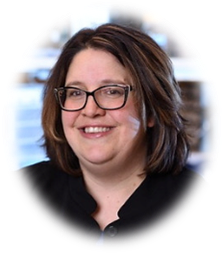
|
|
David Murray, M.D., Ph.D. Professor, Department of Laboratory Medicine and Pathology, Mayo Clinic, Rochester, MN |

|
|
Hanno Steen, Ph.D. Associate Professor of Pathology, Harvard Medical School Director of Proteomics, Boston Children's Hospital |
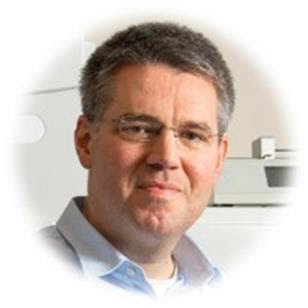
|
|
Peggie Angel, Ph.D. Associate Professor, Department of Cell and Molecular Pharmacology and Experimental Therapeutics Medical University of South Carolina |

|
|
Peter PFX Verhaert, PhD. Visiting professor at the Faculty of Medicine and the Faculty of Pharmaceutical Sciences of the University of Leuven, Belgium. |
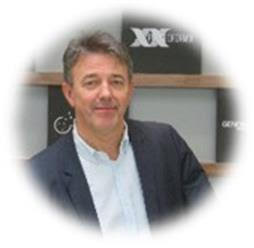
|
|
Ruben Luo, Ph.D., DABCC, FAACC Assistant Professor of Pathology Associate Director of Clinical Chemistry School of Medicine, Stanford University |

|
|
Si Wu, Ph.D. Professor Department of Chemistry and Biochemistry The University of Alabama |

|
|
Stefani Thomas, Ph.D., DABCC, NRCC Assistant Professor, Department of Laboratory Medicine and Pathology Associate Medical Director, M. Health Fairview West Bank Laboratory School of Medicine, University of Minnesota, Minneapolis, MN |
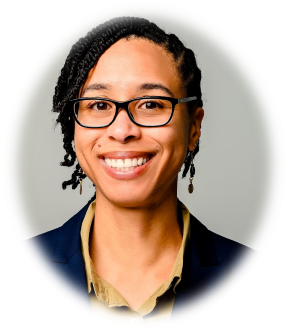
|
|
Daniel Matson, M.D., Ph.D. Assistant Professor Hartwell Investigator Department of Pathology and Laboratory Medicine University of Wisconsin - Madison |

|
|
Irene Ong, Ph.D. Assistant Professor Department of Obstetrics and Gynecology Department of Biostatistics and Medical Informatics University of Wisconsin-Madison |

|
|
Judith Simcox, Ph.D. HHMI Freeman Hrabowski Scholar Assistant Professor Department of Biochemistry University of Wisconsin-Madison |

|
|
Lee Lochbaum Eckhardt, MD, MS, FHRS Professor of Medicine Gary and Marie Weiner Professor in Cardiovascular Medicine Research Cellular and Molecular Arrhythmia Research Program Division of Cardiovascular Medicine University of Wisconsin-Madison |

|
|
Michelle Kimple, Ph.D. Associate Professor of Medicine School of Medicine and Public Health University of Wisconsin-Madison |

|
Symposium Organizing Committee
|
Allan Brasier, M.D. (Honorary Symposium Chair) Senior Associate Dean for Translational and Clinical Research School of Medicine and Public Health University of Wisconsin-Madison, Madison, WI |

|
|
Ying Ge, Ph.D. Professor of Cell &Regenerative Biology and Chemistry Director of Human Proteomics Program School of Medicine and Public Health University of Wisconsin-Madison, Madison, WI |

|
|
Lingjun Li, Ph.D. Vilas Distinguished Achievement Professor, Charles Melbourne Johnson Distinguished Chair Professor of Pharmaceutical Sciences and Chemistry School of Pharmacy and Department of Chemistry University of Wisconsin-Madison, Madison, WI |

|
|
Judith Simcox, Ph.D. HHMI Freeman Hrabowski Scholar, Assistant Professor Department of Biochemistry University of Wisconsin-Madison, Madison, WI |

|
|
Zhicheng Jin, Ph.D. Assistant Professor Department of Pathology and Laboratory Medicine Director of Toxicology University of Wisconsin-Madison |

|
POSTER SESSION & CONTEST
- Meeting attendees are encouraged to present their recent work in scientific poster sessions. A total of 60 posters will be accepted. The deadline for poster abstract submission is June 15. The Poster Review Committee will review and accept posters.
- To be considered for the contest, you must be a graduate student or post- doctoral researcher and your abstract must be received by June 1, 2024. Abstracts will be reviewed by the judges prior to the poster competition. The Poster Review Committee will select 10 posters for final judging at the Symposium. Posters will be judged by content, clarity of communication, innovation, and the quality of the visual display of information.
- Three prizes will be awarded: 1st Place: $500; 2nd Place: $300; 3rd Place: $200. The winners will be recognized in the closing session of the Symposium.
RISING STAR SESSIONS
Rising Star oral sessions are key platforms for showcasing the research of early career scientists, offering visibility, networking, and mentorship opportunities essential for their career advancement. These sessions celebrate innovation, inspire others, and foster collaboration, nurturing the future leaders of the scientific community. There will be two rising star sessions in this year's symposium: 1) early career investigators including Assistant Professors and early career scientists; 2) pre- and post-doc trainees. To be considered in the rising star oral session, your abstract must be received by June 1. The abstracts will be reviewed by the organizing committee and the finalists will be invited to present in the rising star oral sessions. The oral presentations will be judged by content, clarity of communication, innovation, and the quality of the visual display of information. Three prizes will be awarded for each session: 1st Place: $500; 2nd Place: $300; 3rd Place: $200. The winners will be recognized in the closing session of the Symposium. The rising star session is kindly sponsored by UWCCC.
WOMEN'S INITIATIVES SESSION & DEI WORKSHOP
The Women's initiative session and DEI workshop are dedicated to supporting women scientists and promoting diversity, equity, and inclusion. The Women's initiative session provides a platform for women scientists and supporters to network, share experiences, and gain valuable insights into navigating challenges in their careers. Moreover, the DEI workshop serves as catalysts for organizational change by promoting awareness and understanding of diverse issues and advocating for equitable practices. By fostering a culture of inclusivity and belonging, this workshop not only empowers women to thrive professionally but also contributes to creating a more diverse and equitable society at large. The Women's initiative session is kindly sponsored by UWCCC.
WELCOME TO MADISON, WISCONSIN!
To plan your trip to Madison WI, please visit
( https://www.visitmadison.com/ )


